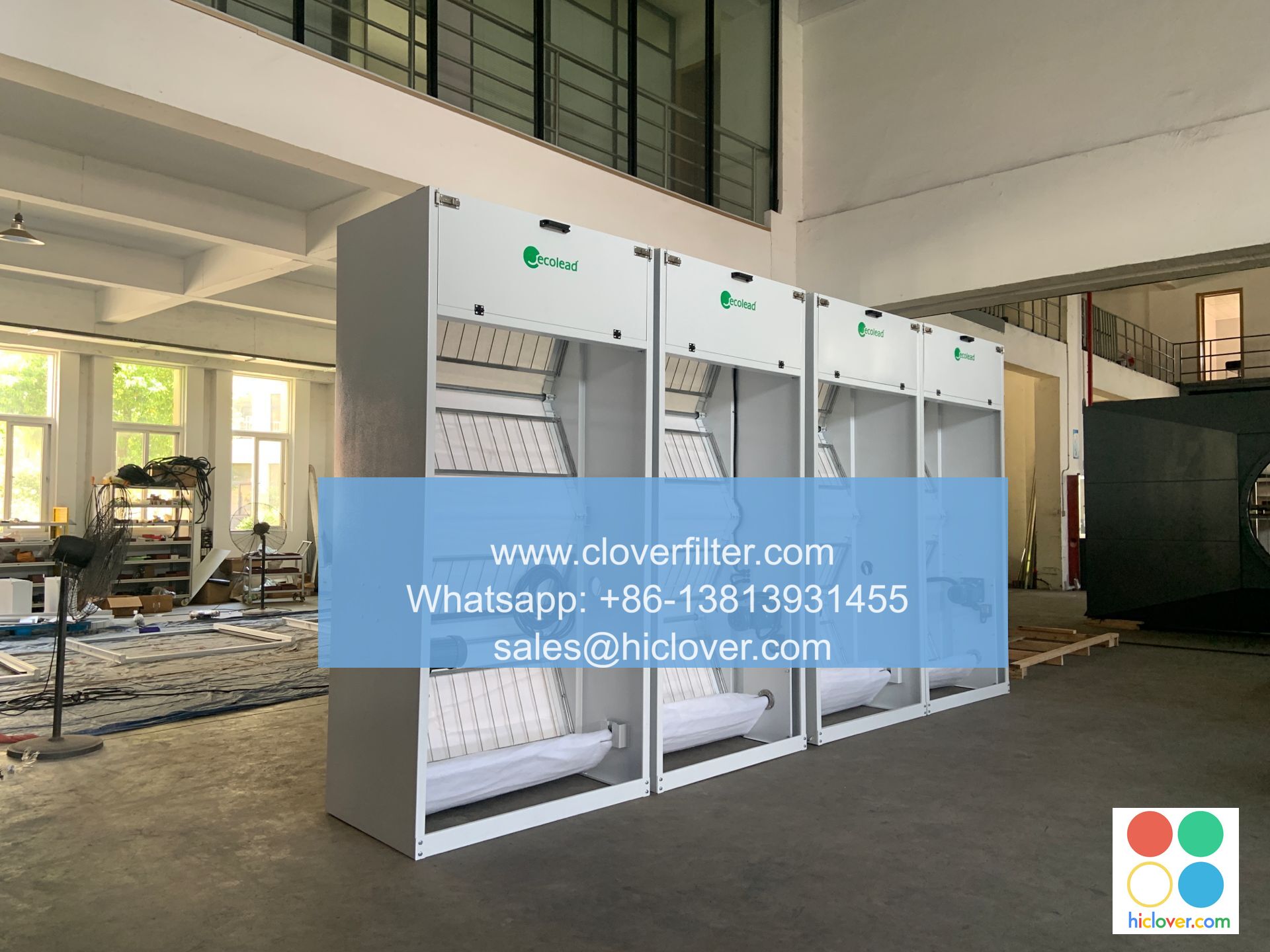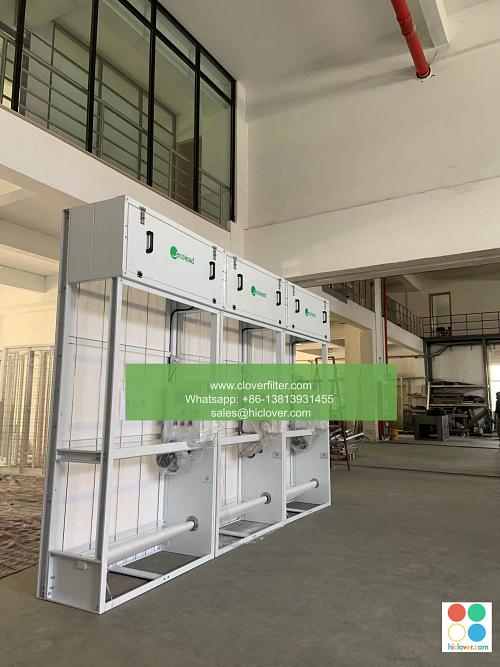Air Filter Systems for Monitoring Indoor Air Quality

Indoor air quality (IAQ) has become a significant concern in recent years, with the rise of urbanization and increasing awareness about the importance of air purification systems in maintaining a healthy indoor environment. One of the most effective ways to monitor and improve IAQ is by using air filter systems, which can remove airborne pollutants, allergens, and volatile organic compounds (VOCs) from the air.
Application Areas of Air Filter Systems
Air filter systems have a wide range of applications in various industries, including:
* Commercial buildings: Offices, shopping malls, and restaurants can benefit from air filter systems to improve IAQ and reduce the risk of airborne diseases.
* Residential buildings: Homes, apartments, and condominiums can use air filter systems to remove particulate matter (PM), nitrogen dioxide (NO2), and other pollutants from the air.
* Industrial settings: Manufacturing facilities, warehouses, and other industrial environments can use air filter systems to remove hazardous air pollutants (HAPs) and improve worker health and safety.
* Healthcare facilities: Hospitals, clinics, and nursing homes can benefit from air filter systems to prevent the spread of airborne diseases and improve patient care.
Types of Air Filter Systems
There are several types of air filter systems available, including:
* HEPA (High Efficiency Particulate Air) filters: These filters can remove 99.97% of particles as small as 0.3 microns, making them ideal for allergen removal and asthma prevention.
* Activated carbon filters: These filters can remove VOCs, odors, and gases from the air, making them ideal for odor control and IAQ improvement.
* UV (Ultraviolet) light filters: These filters can remove bacteria, viruses, and other microorganisms from the air, making them ideal for infection control and public health.
Benefits of Air Filter Systems
The benefits of air filter systems are numerous, including:
* Improved IAQ: Air filter systems can remove airborne pollutants and improve the overall quality of the air.
* Reduced health risks: By removing airborne pollutants, air filter systems can reduce the risk of respiratory diseases, allergies, and other health problems.
* Increased energy efficiency: Air filter systems can help reduce energy consumption by improving the efficiency of heating, ventilation, and air conditioning (HVAC) systems.
* Extended equipment life: Air filter systems can help extend the life of HVAC equipment by reducing the amount of particulate matter and other pollutants that can damage the equipment.
Conclusion
In conclusion, air filter systems are an essential component of any indoor air quality management strategy. By removing airborne pollutants, allergens, and VOCs from the air, air filter systems can improve IAQ, reduce health risks, and increase energy efficiency. With their wide range of applications and benefits, air filter systems are an excellent investment for any commercial, residential, or industrial setting. By choosing the right type of air filter system and maintaining it properly, individuals and organizations can enjoy the numerous benefits of clean air and a healthy indoor environment. It seems like you haven’t asked a question or provided any context for me to respond to. Could you please provide more information or clarify what you would like to discuss? I’ll do my best to assist you.

